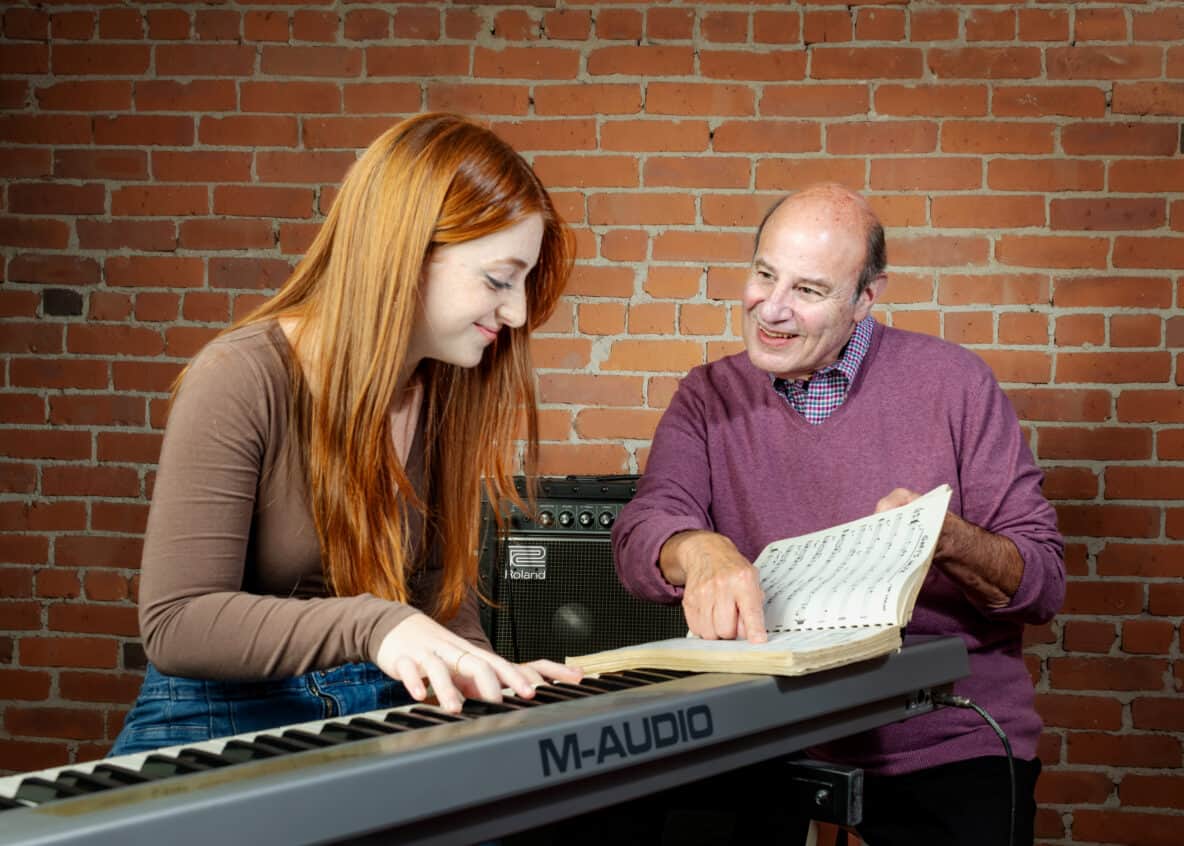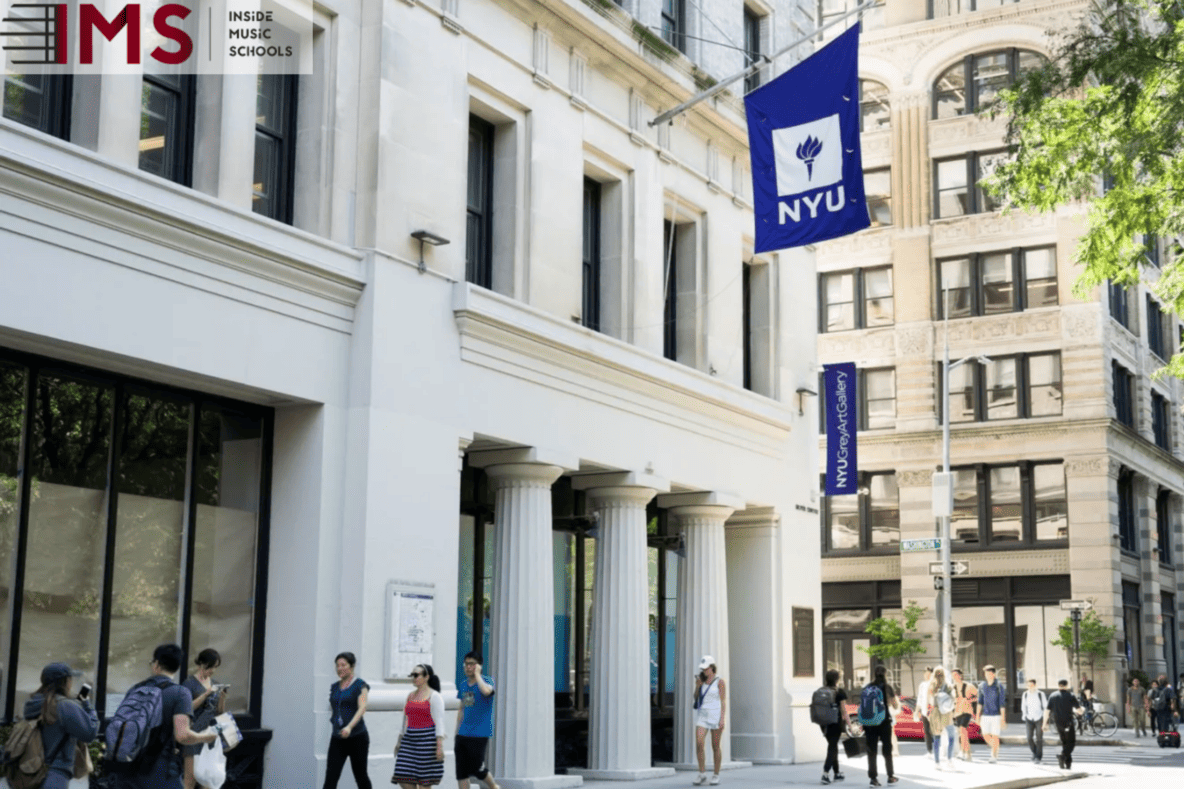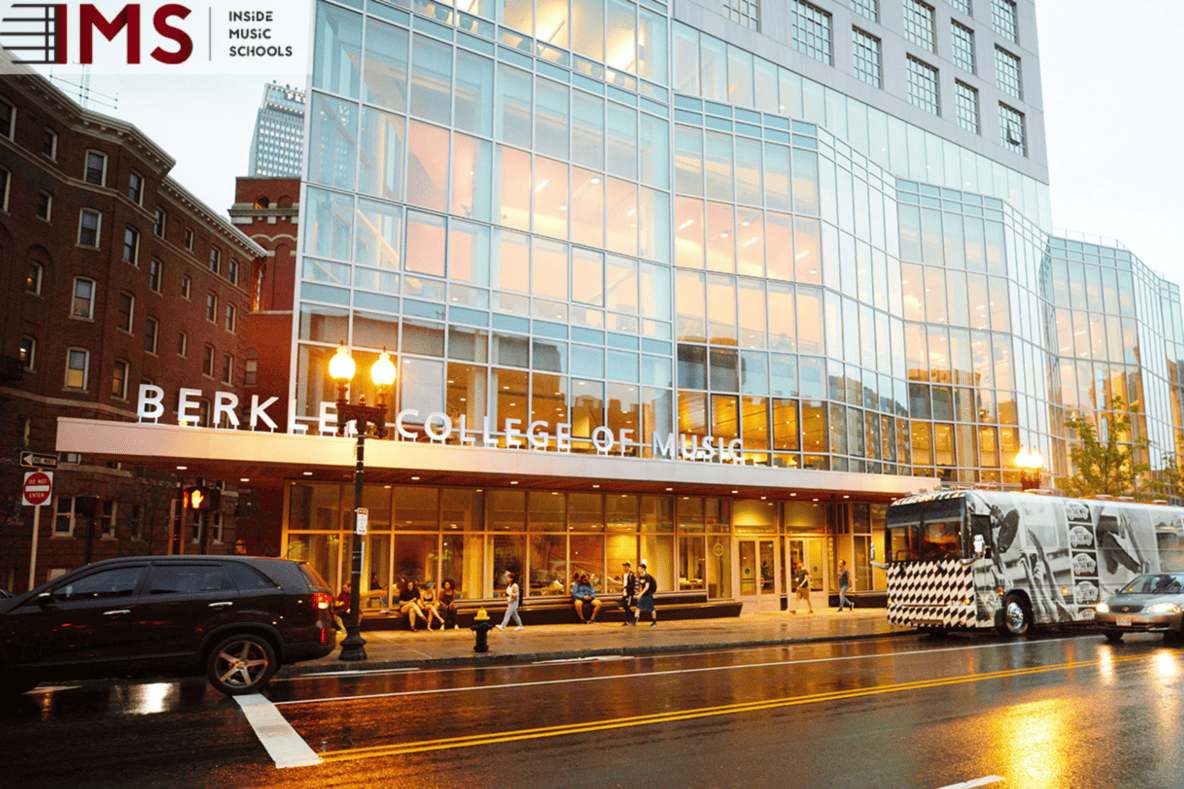Why Choose Inside Music Schools as Your Music School Admissions Consultant
“I want a career in music,” your child announces. As a parent, you feel the pressure to give the best advice on choosing the right music career. And, as a student, you want to find a challenging environment where you can build relationships with peers and professors.




